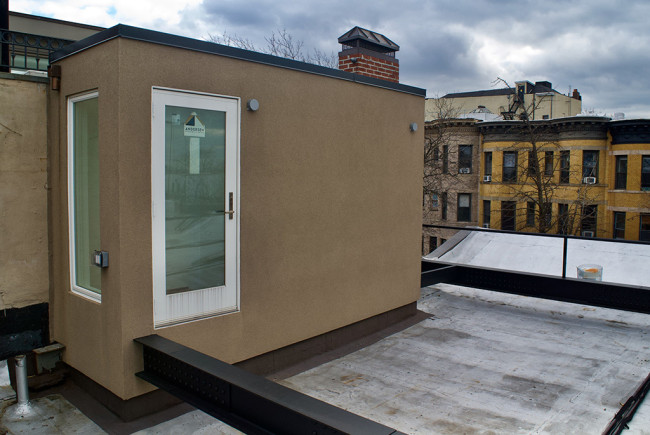I need a contractor for a small renovation project, but my co-op requires hefty insurance coverage. How do I find someone to do the job?
- Seek out mid-sized contractors with 15-25 employees who have adequate insurance
- Ask residents for recommendations of contractors who have worked in the building
- Persuade your chosen contractor to improve their coverage so they can do the work

Changes in the insurance market are forcing buildings to scrutinize policies for exclusions, meaning you will likely have to pay more for a contractor with the right coverage.
iStock
I want to do a $25,000 kitchen renovation in my co-op but the board’s new alteration agreements insist on very specific insurance requirements. Smaller contractors don’t meet the coverage criteria and larger contractors aren’t interested in such a small job. What’s the solution?
This is an increasingly common scenario due to recent changes in the insurance market, our experts say. Losses and payouts over the past few years have changed the underwriting standards and insurance carriers are now forcing higher limits with fewer exclusions in order to protect their clients and limit future payouts.
"Insurance companies have been paying out very expensive claims and as a result, they are forcing their new terms downstream on all vendors and building services," says Mark B. Levine, principal at property management firm EBMG.
This is hurting smaller contractors and unfortunately it means co-op shareholders and condo owners will be paying more for kitchen and bathroom renovations using mid-sized firms with the correct insurance.
Stricter insurance requirements are standard
Stricter insurance requirements imposed by carriers are forcing buildings and managing agents to adjust alteration agreements to make sure there are no exclusions that will prevent a contractor's insurance from stepping in if there's a claim.
"It’s really about the proper transfer of risk," says Gustavo Rusconi, director of management at Argo Real Estate. Like most property managers, his firm reviews each and every policy he is presented with. He has seen bids from contractors for façade work with height exclusions—meaning they aren't covered by insurance to work above the fourth floor but the bid is for exterior work on a 20-story building. He's also seen bids for work in co-ops and condos from contractors with exclusions in their insurance stating they are not covered to work in residential buildings.
"The contractor will not be let into the building if they don’t have the proper insurance," he says.
Insurance coverage protects the owner or shareholder as well as the building and the managing agent. However, insurance without exclusions is expensive. This hurts the small New York City contractor and will make a $25,000 kitchen remodel more expensive.
“The insurance companies are increasingly pricing out the vendors who used to be able to work freely in the building and it is forcing the little vendors to not be able to work in many buildings,” Levine says.
Tips for finding the right contractor
If the smaller contractor does not have adequate insurance and the larger one isn't interested in the work, the solution is the mid-size contractor. These are companies with 15 to 25 employees. Unfortunately this will mean you pay more for your renovation.
"You will have to get a contractor with the right insurance and typically the contractors that are property insured tend to cost more," Rusconi says.
Deanna Kory, a leading broker at Corcoran, says this is always a struggle but there are contractors who will have the necessary insurance. "You will have to interview several more contractors to find the right one," she says.
One option is to speak to other residents in the building and see who has performed work in their apartments in the past. A contractor who has done work in the building is more likely to satisfy the board's insurance requirements.
"When you are bringing in someone who has worked in the building in the past it also establishes more of a comfort level between the parties because the board has a history with the contractor and their work," says attorney Christopher M. Tarnok, a partner at DL Partners.
However, the bottom line is that you'll need to find a contractor who has adequate insurance. Tarnok says these requirements are non-negotiable.
Another route is to persuade your chosen contractor to improve their coverage. It may be their only path to continue working in the city's residential buildings because it's likely this pattern of stricter insurance coverage is here to stay.
"Either contractors are going to have to up their coverage and ensure their compliance with the needs of the building or the residents are going to have to go with the larger vendors who can afford the increased coverages," Levine says.
You Might Also Like


























